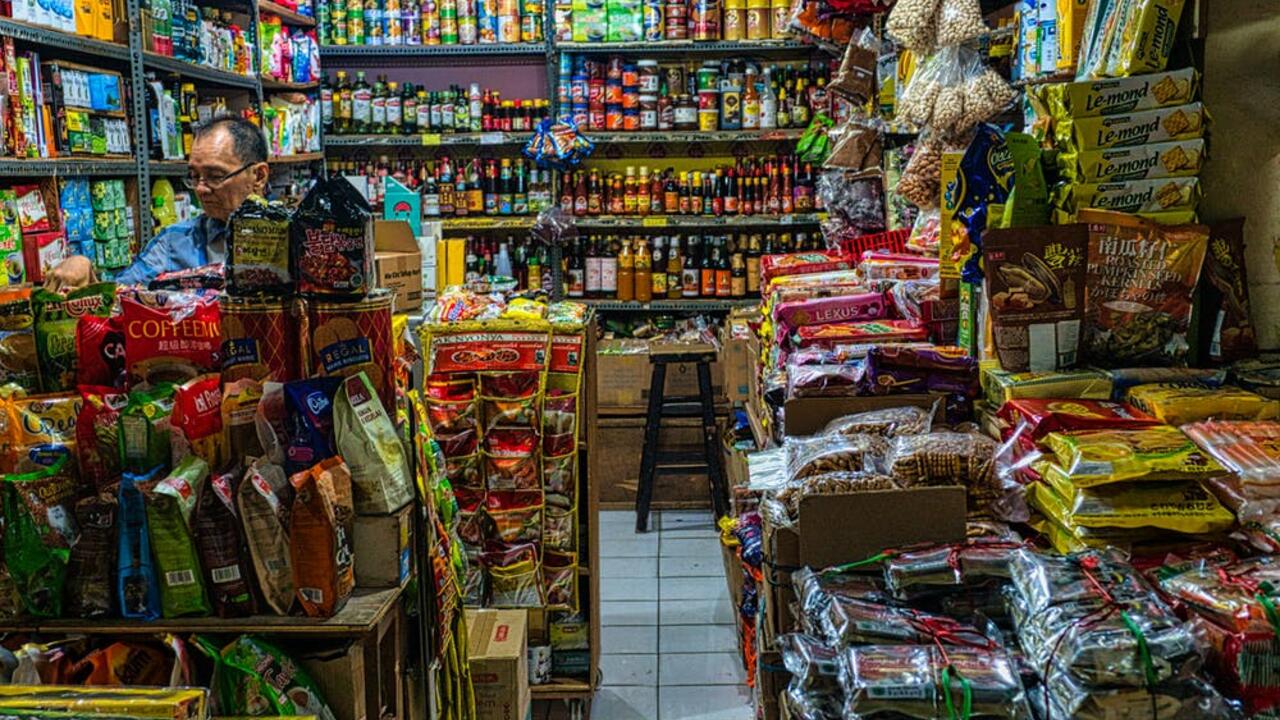Sarah Burch is an expert in how small businesses engage in sustainability; below she outlines why a sustainable business model may help them survive COVID-19.
Why do sustainable small businesses do better with uncertainty?
Deeply sustainable small businesses focus more on collaboration rather than competition, sharing new tools, methods or resources to advance their sector or community as a whole and see success as a collective effort. Some businesses value resilience over efficiency, support the cultivation of local supply chains, offer living wages and inclusion of disadvantaged, vulnerable, or marginalized workers. As radical as it may seem, these firms make manifest a focus on sharing, quality of product over quantity, preserving time for leisure and community engagement, and supporting the autonomy and health of workers over growth-at-any-cost.
What else can small businesses do to safeguard against further COVID-19 shocks?
Digital technologies may play a central role in accelerating a just and sustainable recovery, and in the long transition towards a low-carbon, resilient future that could follow. For instance, as we are seeing in sharp relief during this time of physical distancing, social media and videoconferencing offer a measure of connectedness without movement. In some cases this is enabling a barter system – for instance, professors have begun to offer to trade video guest lectures with each other – opening up the possibility that students will have access to the real live author of their textbook, or the world’s expert on any topic, rather than hearing only from one person. This may be a lasting change, one that offers such benefits that it will continue when the crisis abates.
What else can governments do to help small businesses?
Grants, not loans, are needed for small businesses – and these grants need to be laser-focused on deep decarbonization and sustainable transitions. This doesn’t mean that businesses should be excluded if they are high emitters, or unable to make deep changes immediately, but what we want out the other side of this is a healthier, more sustainable, more resilient economy than we had before. As tragic as the COVID-19 crisis undoubtedly is, it is also an opportunity to foster a just, equitable transition to more resilient businesses that provide social and environmental good.
The University of Waterloo has a number of experts available for comment on various aspects of the COVID-19 pandemic, click here to see the up-to-date list.








